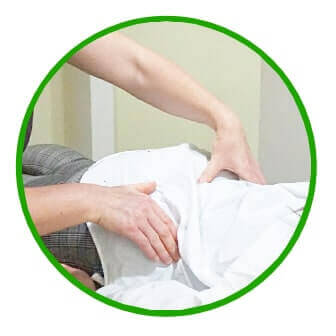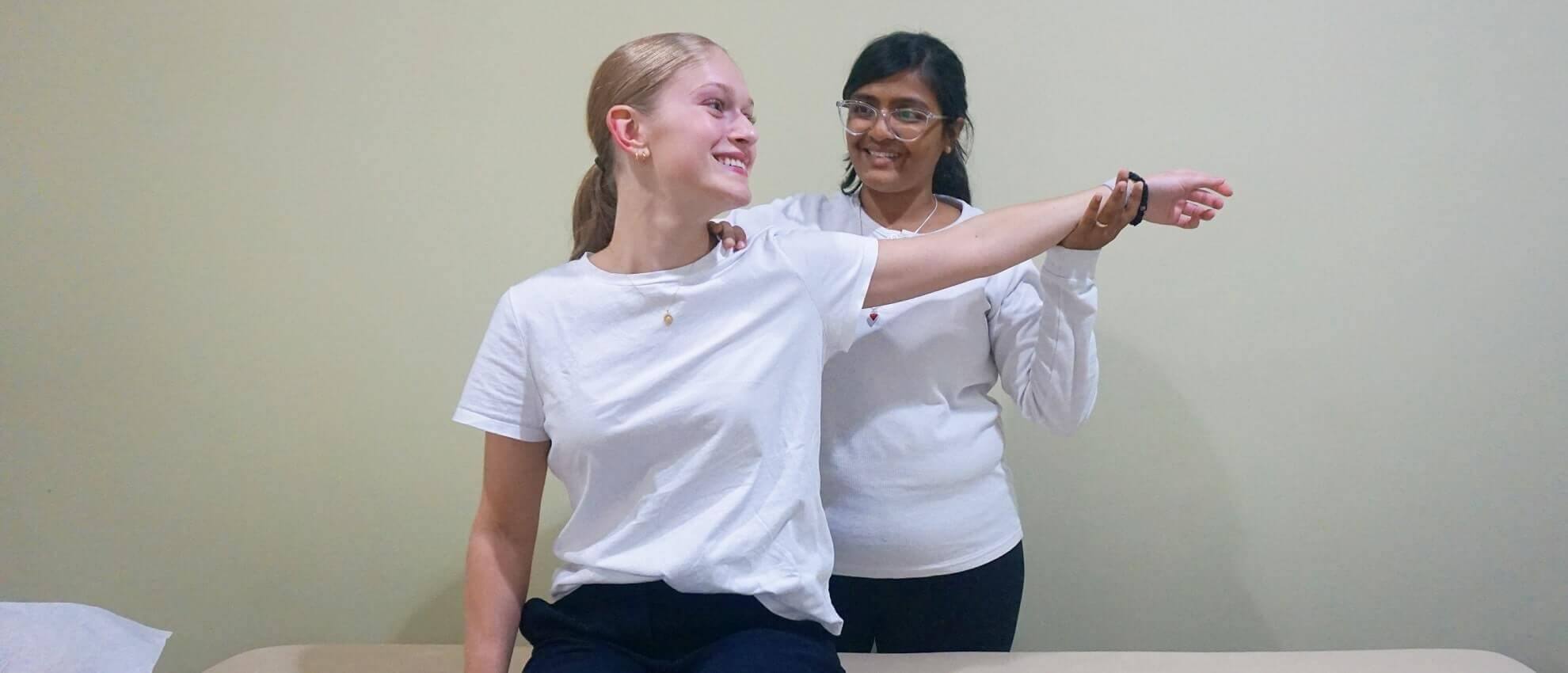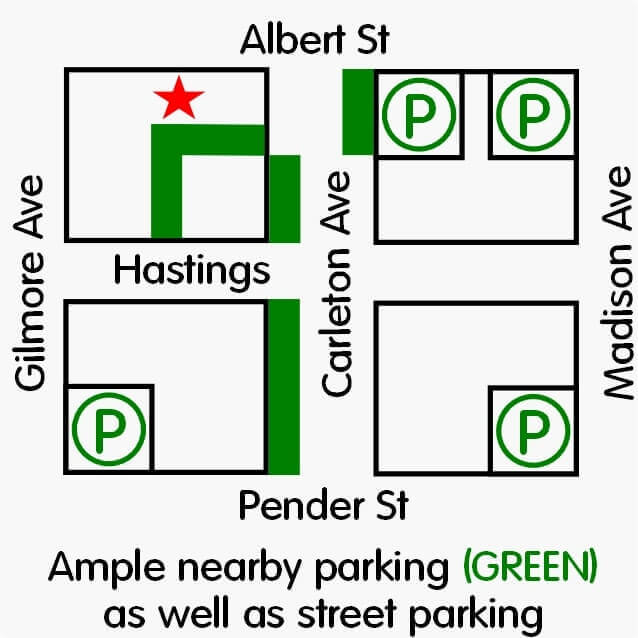How Manual Therapy Can Help You
Is Manual Therapy Right For You?
Manual Therapy
How effective is it?
These healthcare practitioners have received extensive training on using their hands to both assess and provide treatment. The primary tool they use are their hands and sometimes other hand held instruments.
TYPES OF MANUAL THERAPY
Spinal manipulations, adjustments
Myofascial release technique
IMS, dry needling techniques
What Is Manual Therapy – Defining Manual Therapy
Depending on their training, some manual therapists are able to follow the different functional systems of your body, such as your:
- Circulatory
- Craniosacral
- Lymphatic
- Neurological
- Respiratory
- Visceral systems
Each system has their unique body rhythm. When something goes wrong, it can cause problems in your body. These problems lead to weak links in your body making you more vulnerable to injury.
Learn How Manual Therapy Can Help You Get Relief
They can help you decide on what is the best treatment to help you get your life back on track and out of pain

What Is The Goal Of Manual Therapy
The goal of manual therapy
To improve balance and harmony between your different body systems. This is done in part by restoring movement and mobility to your different body parts. Your various body functions are complex and finely coordinated.
It is important for your related structures and systems to communicate clearly with each other. These information connections let your brain know what your body needs at any moment. The accuracy of this back and forth communicating is vital and essential.
Why is it prescribed?
Manual therapy can be a powerful approach in helping patients dealing with a number of different neuromusculoskeletal (ie. nerve, muscle and joint) injuries and conditions.

Types Of Manual Therapy
Who performs manual therapy?
Manual therapy should always be done by a trained and certified professional. They will have a deep understanding of human anatomy and the coordination between all your systems.
A manual therapy clinic will often include physical therapy and / or chiropractic practitioners. They are the most common professionals with the extensive training needed to provide manual therapy treatment. They are often required to have ongoing, continuing professional training to both maintain and enhance their hands on skills in the area of their specialty.
What is manual physical therapy?
A session with your physiotherapist can often include different treatments, such as:
- Ergonomic and postural advice
- Exercise rehab
- Intramuscular stimulation (IMS) or dry needling
- Manual physical therapy
- Taping and bracing
- Ultrasound and other electrical modalities
Manual physical therapy usually refers to when your physiotherapist uses their hands to deliver a treatment.
To define what is the difference between manual therapy and physical therapy, manual therapy is simply one of many techniques your physiotherapist may use. Similarly, patients may also wonder if manual therapy is the same as massage therapy. Just as in physiotherapy, manual therapy may also be one of several treatment approaches used by a massage therapist.
How do I find manual therapy near me?
Your neighbourhood physiotherapy and chiropractic clinic will most likely be able to provide manual therapy.
Manual Therapy Techniques
There are many different types of manual therapy techniques. Below are some of the most common manual therapy methods, techniques and benefits:
- Spinal and joint manipulation or adjustments: This type of manual therapy is focused on restoring normal movement and mobility to your spine and joints, thereby enhancing your ability to repair and heal. These manipulations or adjustments may be done either by hand or with handheld devices
- Integrative or manual therapy: This is a general term and relates to when your therapist works on the biomechanics of your joints. Conditions such as a wry neck, strained lower back, tight hip flexors, sprained ankles would typically benefit from this form of manual therapy. Your therapist will focus on correcting the position and quality of movement of the joints involved
- Myofascial release: This involves moving the connections between your muscles and their fascial tissue or webbing. Your therapist will use their hands while placing you in different positions to promote normal sliding and gliding of the connections. They may use a small hand held tool such as specialized cupping equipment and massage balls to aid in the process
- Muscle energy technique: This is based on the theory of contraction and relaxation of your muscles to release local muscle tension and knots. It can have a profound neurological effect on resetting and relaxing your muscle tone
- Visceral manipulation: A hands on, fascial mobilisation technique that targets the fascial links between the lining of your viscera and your musculoskeletal system. This is done to resolve tension patterns that may develop throughout your body
- Craniosacral therapy: A technique that checks the craniosacral rhythm that flows from your cranium to the rest of your body. The objective is to feel where you may be having blockages in flow in order to free them up, like a clog in a drain pipe

How Effective Is Manual Therapy?
Manual therapy includes many diverse treatment approaches. When used appropriately, it can have a significant impact on your symptoms and restrictions. Your therapist will be able to assess and tailor your treatment to help you get the best outcome.
Usually, if there is no change in your condition after about 4-6 sessions, it does not necessarily mean that manual therapy did not work. Instead, a different form of manual therapy may be a better option for you or that more time is needed. This is often the case if you are dealing with a complex or chronic problem.
Can manual therapy be painful?
This depends on the type of manual therapy. For example, visceral manipulation and general manual therapy does not usually cause much discomfort. On the other hand, intramuscular stimulation (IMS) can sometimes be painful during the treatment as well as for a short time afterwards. You therapist will let you know what to expect during and after your treatment.
Is manual therapy safe?
Manual therapy is very safe in general. Of course, with all forms of treatment, there are some precautions and contraindications such as pregnancy, nervous system sensitivity or history of severe trauma. Your therapist will assess and discuss with you if manual therapy is the right form of treatment for you and your goals
Overall Benefits Of Manual Therapy
- Better posture and position sense
- Break down scar tissue
- Clearer communication between your body and brain
- Encourage circulation
- Enhance physical function
- Greater mobility of your fascia or connective tissue
- Improve joint mobility
- Increased self body awareness
- More flexibility
- Promote nervous system regulation and balance
- Relax tight muscle tone
How long does manual therapy last?
How long the benefits of your treatment lasts depends on several factors. These can include:
- How long you have had it
- How many treatments you have had
- Other sources of stress in your life
- The type of injury you have
- Your current physical health
- Your daily activities and routines
Does manual therapy reduce inflammation?
In some studies, manual therapy has been shown to potentially help with decreasing inflammation. With the use of gentle movements to improve mobility, reduce pain and ease muscle tension, inflammation may be reduced
Patient Review
 Nicole
Nicole
.. she used IMS needles and some manual therapy. She released all the kinks in my back within one session. She also gave me some incredible new exercises no one had ever shown me before. I found her knowledge to be cutting edge and her personality is so positive that I left feeling very hopeful in my usually hopeless situation. The desk staff is incredibly kind and helpful and welcoming also. I highly recommend this place!!
Posted on Google
Frequently Asked Questions
What is a manual therapy technique?
Is manual therapy effective?
What is the difference between manual therapy versus physical therapy?
Learn How Manual Therapy Can Help You Get Relief
They can help you decide on what is the best treatment to help you get your life back on track and out of pain

